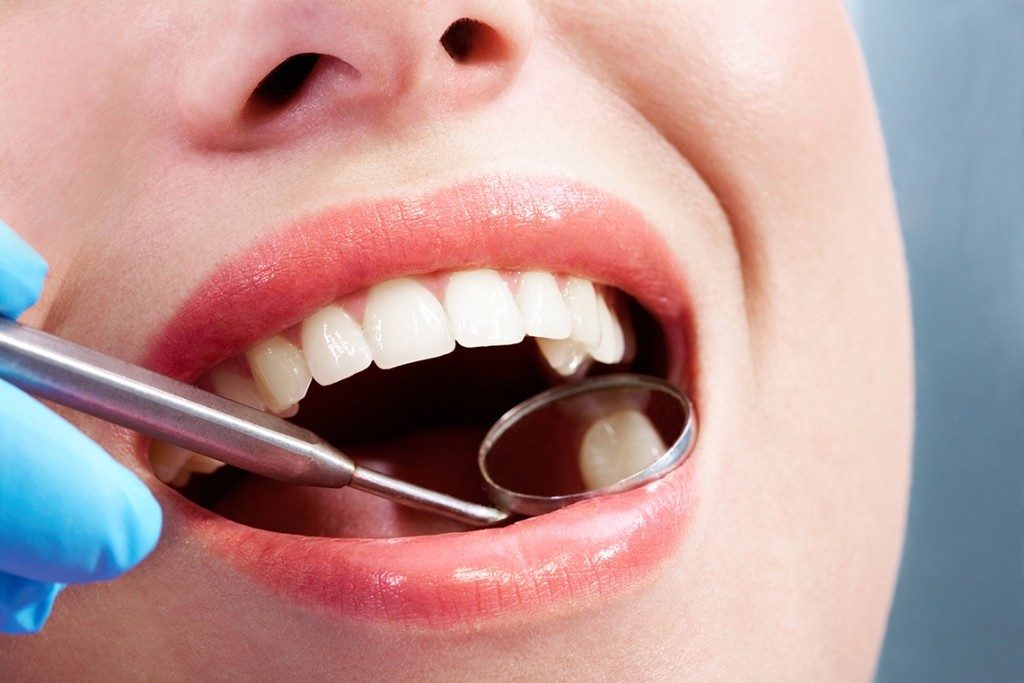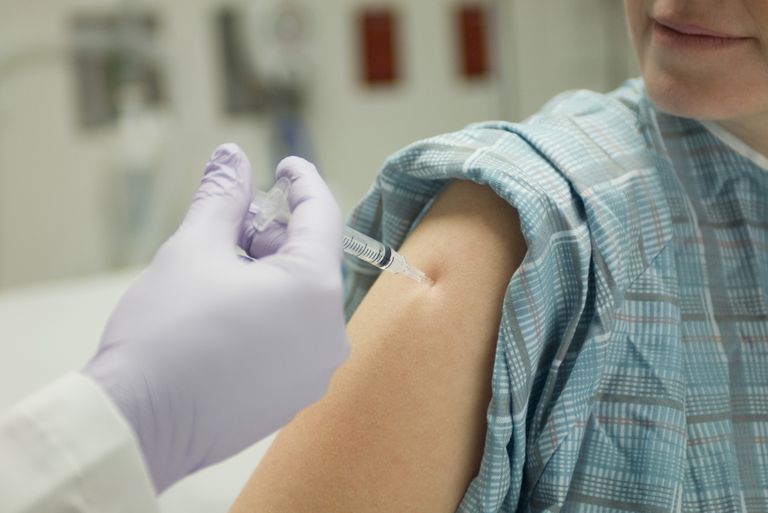Taking care of the teeth is very essential as good oral health indicates overall good health. Your teeth are exposed to several different kinds of bacteria and other foreign bodies and all one does is brush the teeth, sometimes even inadequately.
During pregnancy, you experience morning sickness and retching and then there’s the sugary stuff cravings, all this can lead to tooth decaying and eventually it’s extraction.
Read More: Dental Problems and Dental Care during Pregnancy
All You Need to Know About Tooth Extraction During Pregnancy
When can you go for tooth extraction?
Necessary dental work such as cavity filling and crowns are treated to reduce the chance of infection. If the dental work is necessary or/and is an emergency dental work such as root canal or tooth extraction, the second trimester is ideal as during this period most of your baby’s organs are well developed. It is still advised to put off any advanced procedures or elective procedures until the end of your term.
Dentists however, usually refrain from tooth extraction during pregnancies unless it is an emergent situation as getting your tooth pulled causes excess pain which would only put your body under a lot of stress. This can then prove to be harmful for your baby.
It is best to avoid tooth extraction during the first trimester as the anaesthetics or other medicines used, can prove to be harmful to the baby. The first trimester is a crucial period for your baby’s development and dental procedures during this period are not carried out. The best course of action is to prevent any infections from rooting in by administering certain drugs.
Dental work during the third trimester can be very difficult as you will have to lie on your back for extended period of time, which can be quite straining. It is important to note that stress caused due to pain in the mother can lead to premature birth of the baby.
What are the safety precautions you can take during tooth extraction?
- Safety from X – rays and anaesthesia
During the X – ray a lead sheet can be used to cover the upper body, thus effectively preventing any harm to the baby which the radiation is likely to cause.
A local anaesthetic drug such as Novocaine can be used. Certain drugs such as the category B drugs can cross the placenta and may harm the developing baby. - Safety of medicines
Antibiotics such as penicillin, clindamycin, amoxicillin and erythromycin can be prescribed to pregnant women who do not have any adverse reactions to them. You should however notify your doctor if you are allergic to any of the above.
To relieve the post – procedural pain, the dentist can prescribe you pain medication such as codeine, hydrocodone, certain non – steroidal anti – inflammatory medications – ibuprofen, aspirin, naproxen. These are to be avoided during the first and third trimesters.
Read More: Broken Teeth in Children: Causes and Treatment
There are certain medicines that are to be avoided
- Tetracycline, docycycline and minocycline can stain your baby’s teeth.
- Certain retinoids and teratogenics like thalidomide can cause abnormalities in the baby such as cleft lips or abnormalities in the baby’s limb.
- Fluoroquinolones like levofloxacin, ciprofloxacin and moxifloxacin are to be avoided.
What are the indications of tooth extraction?
Certain symptoms during pregnancy can be indicative of tooth extraction such as:
- Swollen or inflamed gums
- Trouble in eating or chewing the food
- Trouble in speaking
- Intense pain in your tooth and gums
- Bleeding in the gums
- Tooth decay or tooth infection
Wisdom tooth extraction
Due to gum problems in pregnancy which are usually caused due to the fluctuations in the hormone levels can lead to intense pain in the wisdom tooth. Further plaque build – up, infection or any abnormal growth can lead to further worsening of this pain. So, in these cases you can go for wisdom tooth removal. You should however follow the same precautions as mentioned above for the tooth extraction.
Conclusion
Oral hygiene is necessary in pregnancy as infections of the tooth can lead to frequent dental visits and stress on the mother. The fluctuations in the hormone levels during pregnancy also proves to be another factor causing problems in oral hygiene.
Certain oral complications such as infections, plaque build – ups or even intense pain can lead to tooth extraction. There are certain safety precautions to be carried out to prevent harm to the developing baby. Tooth extraction only during emergency conditions are to be performed and it is ideal during second trimester. Tooth extraction during first trimester is to be strictly avoided unless it is an emergency situation.
References
Tooth Extraction While Pregnant – Signs & Precautions to Take
https://www.momjunction.com/articles/tooth-extraction-during-pregnancy_00358208/#gref
https://www.mouthhealthy.org/en/pregnancy/concerns













